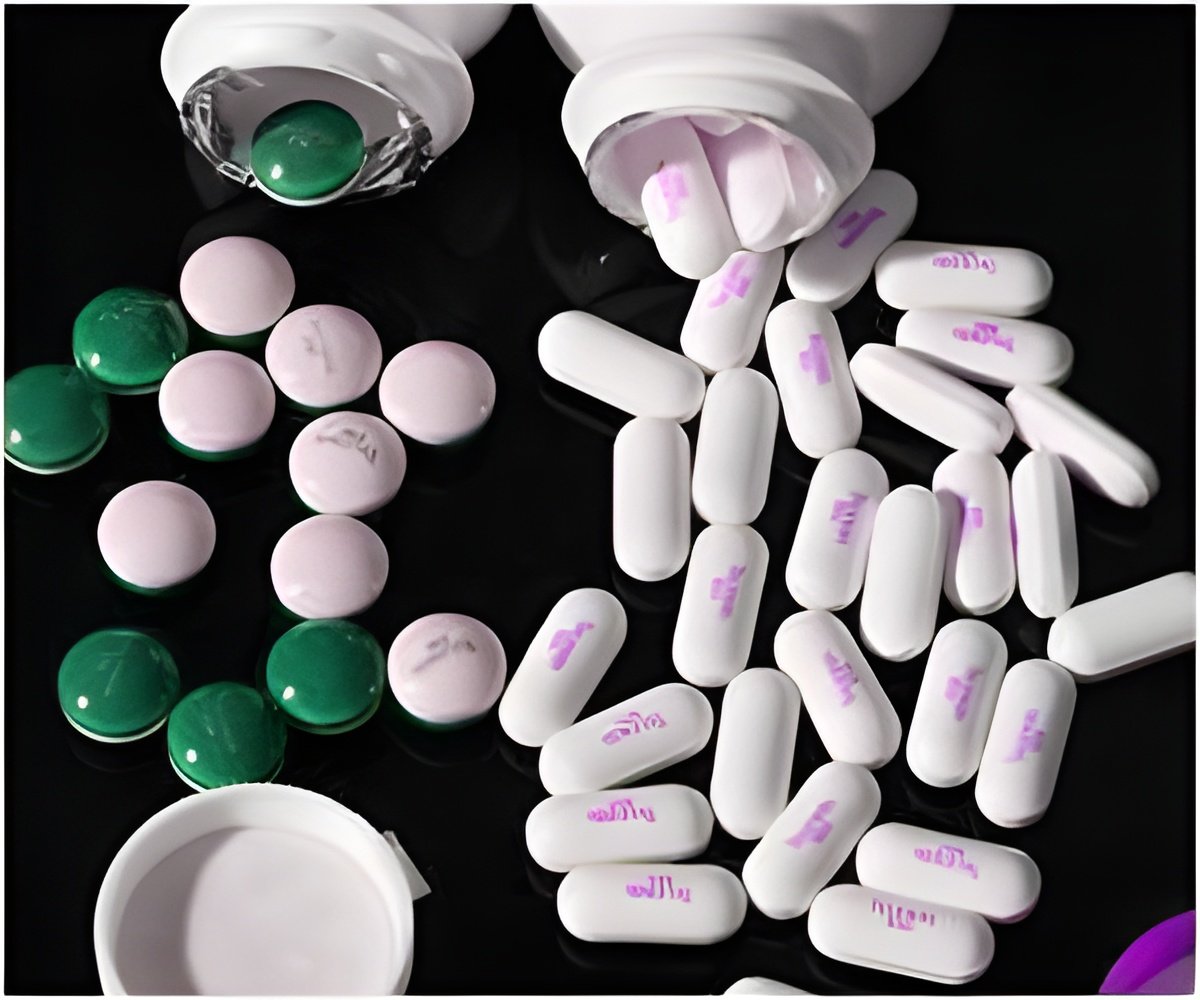A new report suggests that researching which tools are effective in healthcare can help in achieving goals set by the 2010 US National Action Plan to Improve Health Literacy.

As reported by the 2003 National Assessment of Adult Literacy, approximately 36% of adult Americans exhibit health literacy skills that are at the basic level or below. This affects people's ability to search for and use health information, adopt healthy behaviors, and act on important public health alerts. Limited health literacy affects people of all ages, races, incomes, and education levels; but the impact of limited health literacy disproportionately affects lower socioeconomic and minority groups, which includes racial and ethnic minorities as well as seniors. Limited health literacy is also associated with poorer health outcomes and higher costs.
With these concerns in mind, and guided by Michael J. Miller, RPh, DrPH, FAPhA, of the College of Pharmacy, The University of Oklahoma, Research in Social and Administrative Pharmacy solicited and compiled a collection of papers from top authorities from around the world, affiliated with prominent institutions such as the US Centers for Disease Control and Prevention and the US Department of Health and Human Services. Their collective contributions demonstrate pharmacy-relevant efforts supporting the US National Action Plan to Improve Health Literacy.
"The ideas generated from the research described in these papers should serve as a stimulus for future research and dialogue about a topic that is fundamental to ensuring optimal medication use, safety, and equity in health information-sharing," says Miller.
The US Department of Health and Human Services' 2010 National Action Plan to Improve Health Literacy defined seven goals to improve health literacy and suggested strategies for achieving them. The topics and studies in this special issue align most closely with goals on accessible, accurate, and actionable health information (Goal 1) and health-literate health care services (Goal 2). Improving quality and use of written communication materials, evaluating and creating environments that encourage active communication, and describing and testing novel ways to raise student awareness about health literacy issues highlight just a few of the important topics raised in this special themed issue.
Six studies examine the comprehensibility of patient education materials. Their conclusions support the value and necessity of clear communication and of designing and testing materials with the intended users.
Advertisement
Other investigators found that to use the AHRQ Health Literacy Assessment to measure the impact of their training intervention, they had to modify the tool.
Advertisement
Source-Eurekalert










